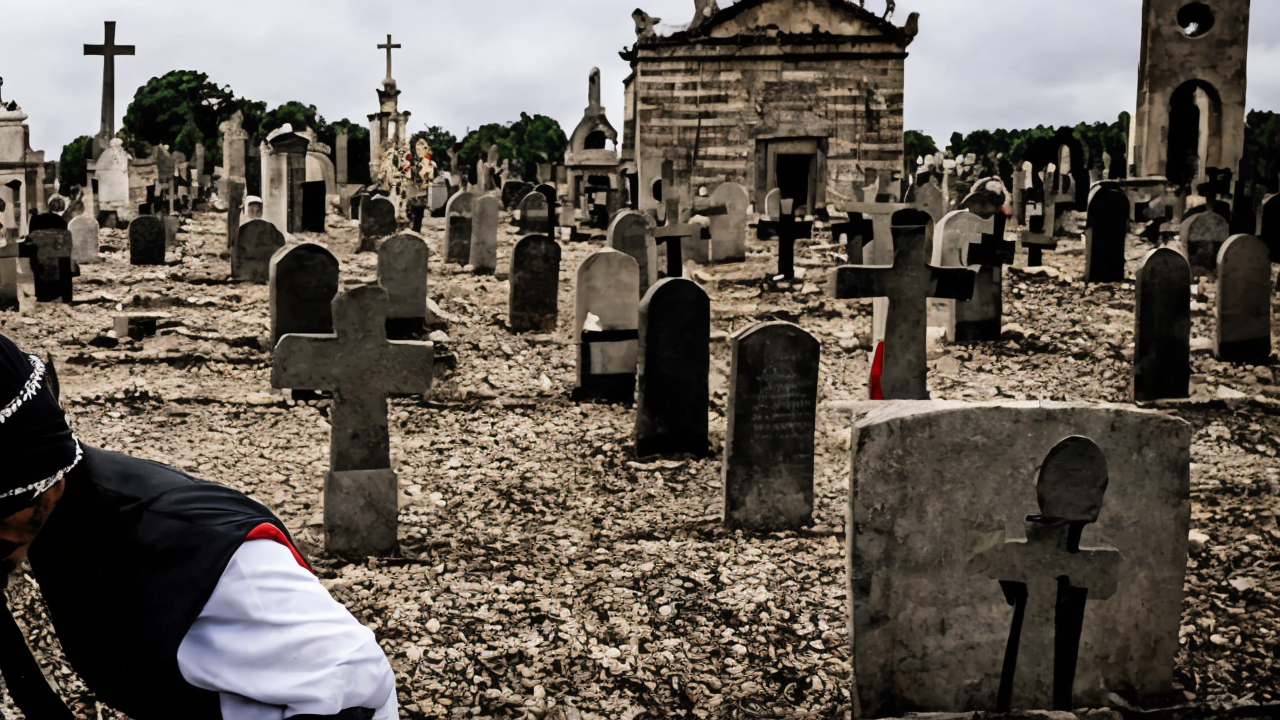Islamic Jihad Theology’s Role in Global Conflicts

Islamic jihad theology and ideology play a significant role in shaping modern global conflicts, often rooted in interpretations of religious texts. The Quran, for instance, claims that Jesus was not crucified, presenting equivocal language that challenges Christian beliefs. This theological divergence underscores broader tensions between Islamic and Christian doctrines.
A hadith attributed to Muhammad further exacerbates these tensions, stating that Jesus will return to break the cross, kill pigs, and abolish the Jizya tax—a tax imposed on non-Muslims under Islamic law. This prophecy is interpreted by some as a call to eradicate Christianity, enforce Islamic dietary laws, and eliminate the dhimmi status that subordinates non-Muslims.
Such teachings contribute to conflicts where Islamic extremism targets Christian symbols and practices, as seen in incidents like the destruction of crosses in cemeteries by Muslim migrants. These actions reflect a broader ideological struggle, where religious beliefs are weaponized to justify violence and marginalization.
As global tensions persist, the influence of Islamic jihad theology remains a critical factor in understanding and addressing conflicts that often escalate along religious and cultural fault lines.
Published: 7/1/2025
















